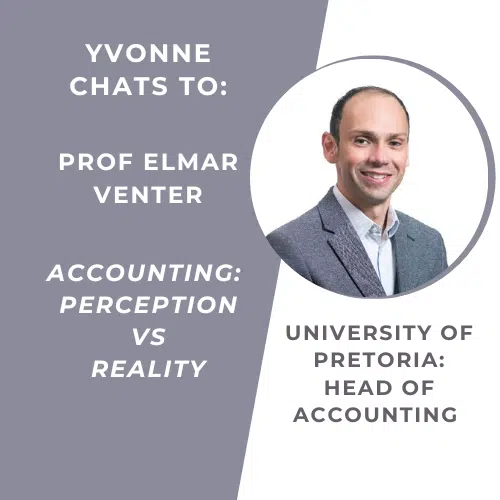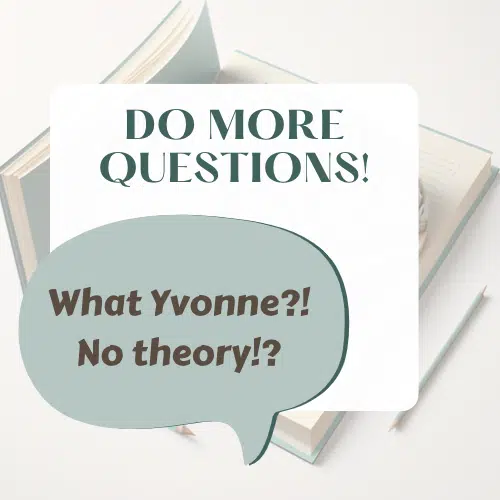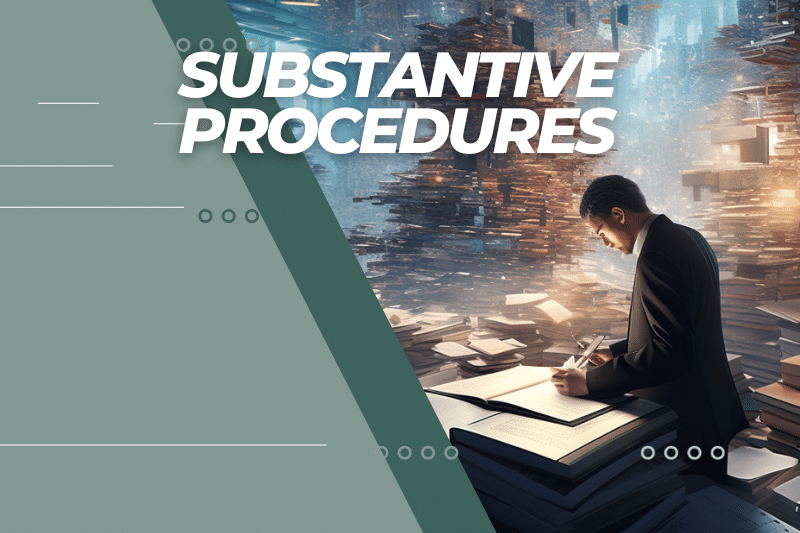These questions are quite a challenge for most students. A balance between theory and application that creates a lot of frustration… here’s some help!
Imagine that you’re a consultant, an expert on the topic. A client has come to you and asked you to help them with something. (eg: they’ve bought or built something and they want to know whether it’s an asset)
Your job is to advise them, but your advice must be based on some kind of theory of why they can or can’t capitalise it. (Imagine you just said to them… “Yes, it’s an asset!”… would they pay money for that kind of guidance?!)
Quick structure to ALWAYS pass discussion questions:
- Should be… (theory)
- In this case study… (application)
- Thus… (conclusion)
Explanation of the structure
- Should be…
Identify the theory that the issue relates to (in this case… the IAS). (ie: an asset should be…)
Break down the theory into all it’s components (Each sentence in the definition / recognition criteria may make or change the outcome!)
- In this case…
Apply each component to the case study
It helps to start your sentence with “In this case…” which will force you to connect the theory to your client’s situation (Imagine you just recited a definition to them!!!)
- Thus…
Conclude on the answer
“Based on the above, it appears that the item meets this component”
Practice EACH of these steps for EVERY point in your discussion. Sometimes, there are up to three marks awarded for every discussion point / thought. That’s why students get frustrated that they identified ALL the issues, but still never passed.
Once you’re done with your discussion solution… read through it… and ask whether you’d pay money to a consultant for that kind of advice!!















1 Comment
thank you for this. Much appreciated! I really struggle to answer Management Accounting questions. Any tips for those? Or do I follow the above?